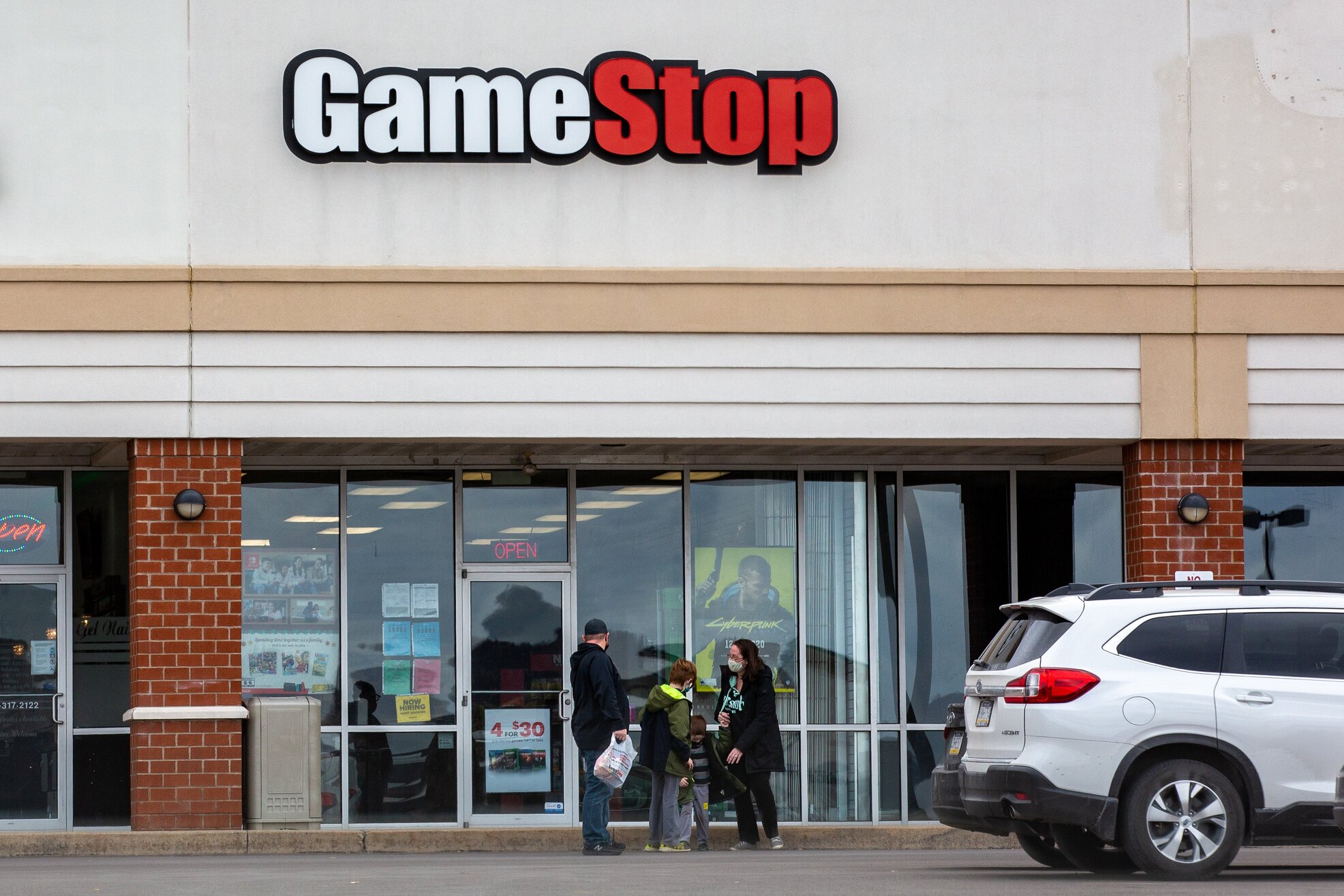

I agree with Matt Levine that Robinhood had a compelling offer, and should have just positioned it a bit better.īut again, that $65m fine was basically for not telling big clients that btw, with your size you might be better off at the competition where you pay a fixed fee but might get a better price. (Note, btw, that everyone got prices equal to or better than the national best bid offer! It's just that you got more or less further discount on top of that.) But for customers with big orders, a different broker with a small fixed fee, but a better discount = smaller bid-ask-spread = better price might have been better. If you have small orders, you're better of with the Robinhood model of smaller fixed cost, and a somewhat higher (and hidden) proportional cost, namely a higher bid-ask-spread (ie slightly worse price). What Robinhood did is charge less commission (3) (namely zero), but keep more of the discount (4), giving clients a worse bid-ask-spread. Most brokers used to charge commission (3), but passed on most of the discount (4), giving clients a very good bid-ask-spread. As it happens, this has been discussed in depth by Matt Levine in his excellent "Money Stuff" column, and it's not quite as nefarious as you portray it either.īrokerages make money from a couple of sources: 1) interest on customers' cash balance (which they might pass on or not), 2) borrow fees from lending out stock to short sellers, 3) commissions, and 4) payments from market makers for order flow, which basically constitute a discount on the bid-ask-spread. Next, the other issue with the $65m fine. So, what you portray as a huge nefarious plot here is just a CEO of a startup trying to keep things going until they calm down again (which, incidentally, seems to have worked). If it triggers a bank run, then the firm is dead, and, notably, not only the employees and managers of the firm suffer, but also the clients and they suffer more than if the run had not happened. I'm sorry, but it is a fact of banking that you can never, ever, admit to having liquidity issues. > The CEO of Robinhood went onto CNBC and lied about why they restricted trading. but I am saying when it came down to making hard choices, it doesn't take a full-blown conspiracy for them to make some of the decisions they made that erred on the side of benefiting institutional investors.Īll their cash (via both raising capital and selling data to funds) comes from institutional investors rather than average retail investors, and that was recently made clear to a lot of people. I'm not saying there's a conspiracy, exactly. of course it was at least a topic of conversation), and they make a ton of money ($100M/Q I've seen) from one of the big players in this (Citadel).
Robinhood blocks game tv#
The CEO lied on TV about the reason, there's rumors that their investors asked them to stop it (I mean, they got $1Bn relief. They're going to lose much of their base, and they deserve to – if your whole thing is retail traders, and everything stops working when it matters most, then people are going to look elsewhere.

Robinhood blocks game free#
I don't think there's a conspiracy, but I also don't think they get a free pass on this. As a result, the popular narrative assumed some sort of evil conspiracy theory. They didn't want to trigger a bank run or shake the confidence of their newly acquired users, so they tried to obscure the message as much as possible. It's clear their highest priority was to avoid admission that they were running out of money. The biggest problem is Robinhood's poor messaging. Is it really so hard to believe that such an unprecedented mass movement would break the underlying business assumptions of a pre-IPO startup that was heavily dependent on their credit lines? It violated the assumptions of their business model, and the only way to keep the platform from grinding to insolvency (or violating regulations) was to slow down the unexpected event by slowing meme stock purchases. This was a capital crunch at Robinhood due to an unexpected herd of new traders all looking to do the same thing in unison. Stock trades don't settle until T+2, so any new purchases using those proceeds are done on margin. Keep in mind that when someone sells a different stock to buy GME in the same day, they're buying GME on margin. The influx of new traders sending money to Robinhood or selling other stocks to buy GME quickly drained their credit lines, reducing the capital they had available for collateral. They also let people invest on margin before their inbound bank transfers arrive (Robinhood Instant). Keep in mind that Robinhood also gives everyone a margin account by default. Everyone assuming a conspiracy theory needs to read this.


 0 kommentar(er)
0 kommentar(er)
